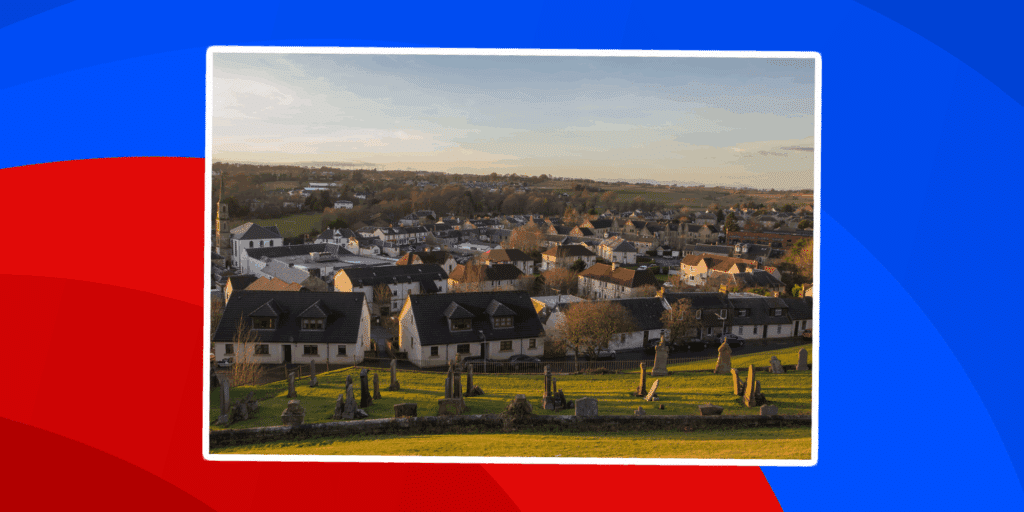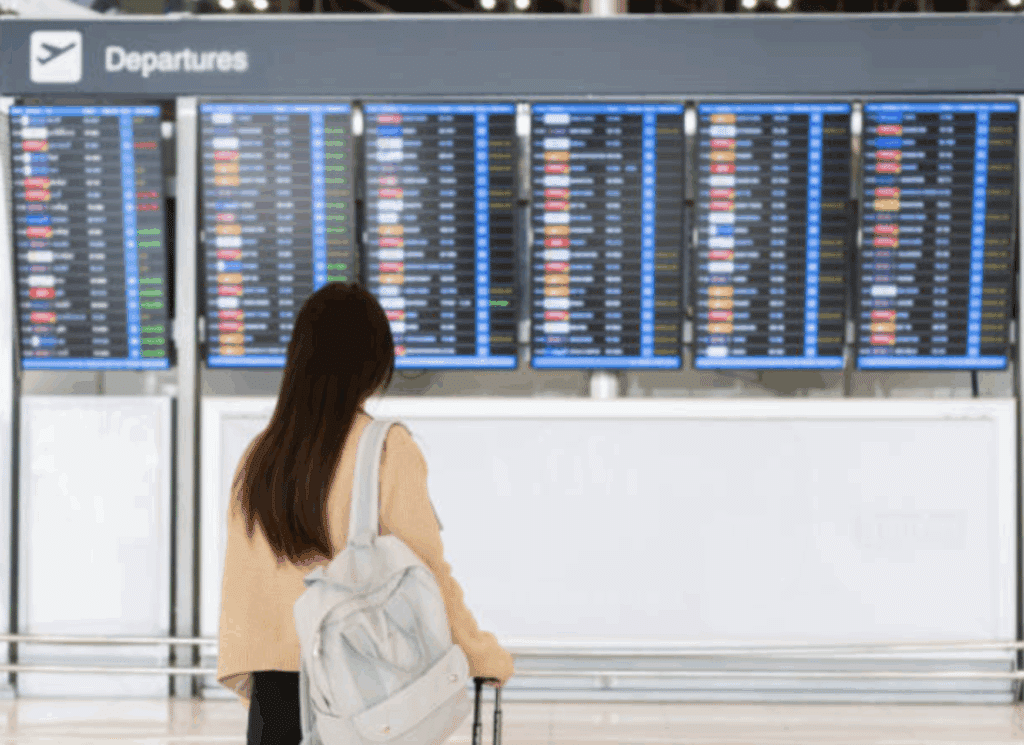Gareth Lister, Director of Customer Products at Virgin Media O2
This week, alongside our colleagues in the telecoms industry, we’ll be updating the Minister of State for Data Protection and Telecoms, Chris Bryant, on the work we’ve been doing to support vulnerable customers with the move to digital voice.
We’ve now finished our first trial with the TSA, the largest industry body for technology enabled care in the UK.
This 10 week trial saw us work together with Stockport-based telecare provider Carecall to provide dedicated support to telecare users as their services are migrated.
This involved us working together to establish a data sharing agreement so we could better identify telecare customers; combine resources to communicate and engage with customers; and arrange joint visits to support customer and check all devices were working as they should. It meant that we were able to commit to never leaving a property without a working landline while we migrated telecare device users and provided customers with the help they need as the essential digital switchover takes place.
The trial was a phenomenal success with 90% of customers agreeing to migration appointments, and almost all (96%) being migrated successfully.
Importantly, of the 191 customers identified through the data share, 31 had not previously been identified by Virgin Media O2 as telecare users. This is despite a review of all call records from Carecall’s alarm receiving centre (ARC).
Carecall’s analysis showed that these customers were all using digital SIM-based telecare devices (operating independently from Virgin Media O2’s telephony service) which explains why no ARC call records were detected.
So, without the data sharing agreement, these 31 customers would not have received the extra support wrapper of the trial.
Together, we learnt a lot about how we can best support telecare customers to engage with the essential migration and illustrated what can be achieved in partnership.
We’re now looking to carry out further trials in other parts of the country as we work towards creating a scaled and replicable model.
To support that, we’ve recently run a series of workshops with local authorities and telecare alarm providers – attended by around 40 organisations from across the country – where we’ve shared our learnings and sought views on how this approach could be adapted for them.
Over the autumn, we have also written again to every local authority we operate in, encouraging others to follow in Stockport Homes’ footsteps and establish invaluable data-sharing agreements where they haven’t done so already.
While some local authorities are keen to collaborate, it’s still the case that more than a hundred local authorities written to have not yet formed a data agreement with Virgin Media O2, with many not responding to communications at all. As the old telephone network becomes increasingly difficult to maintain, the need to act is growing more urgent by the day.
We’ve long argued we can’t do this alone and the Stockport trial powerfully demonstrates the importance of establishing data sharing agreements to identify vulnerable individuals not known to us. That’s why we are again, reiterating our call on Government to create a “Telecare Charter”, which should clearly set out a range of commitments for the telecare sector and local authorities which requires them to work with our industry to ensure nobody is left behind.
I’ll be sharing this important work with my colleagues across the industry and government this week as we continue to discuss how to make this essential migration a success for everyone.
press enquiries
press enquiries







